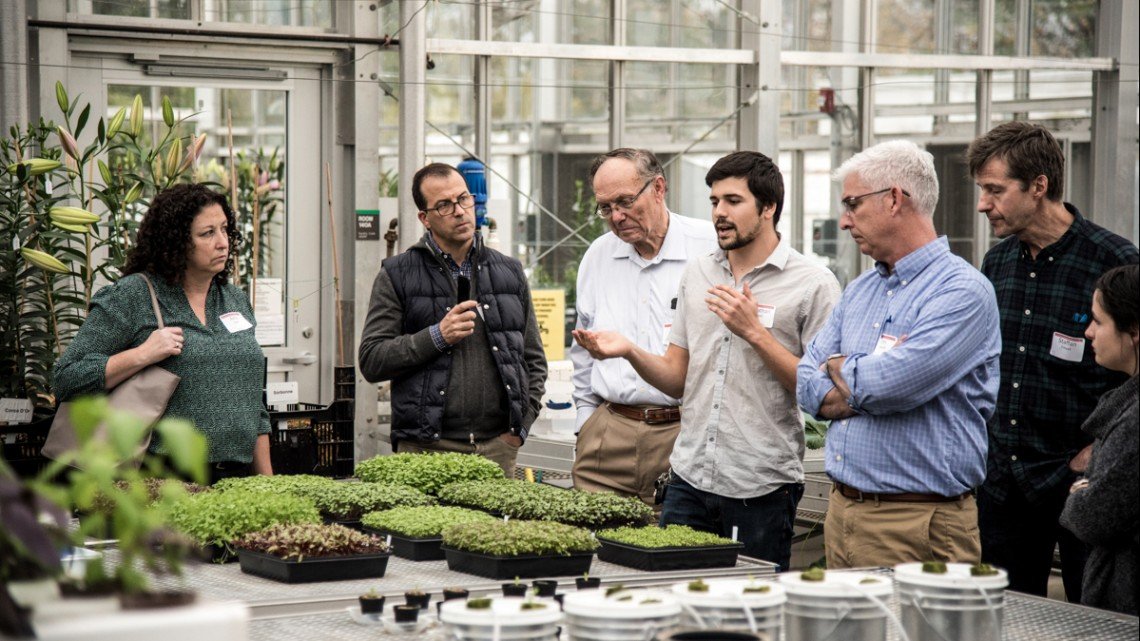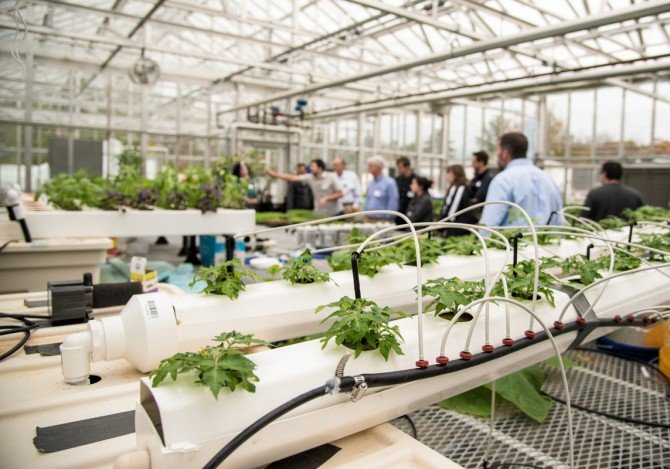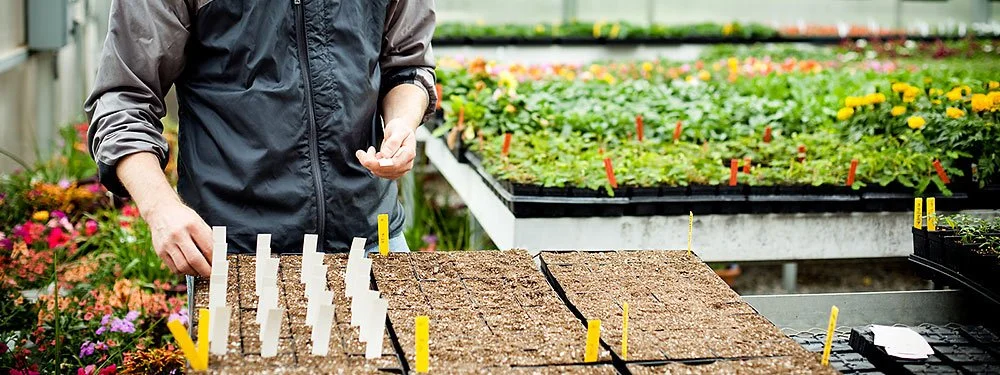Jan 27, 2022
Tips For A Career In Vertical Farming
Editor’s Note: This is the first post of a two-part series on careers in the vertical farming industry. The first post features the Agritecture team’s recommendations for those looking to pursue career pathways in vertical farming. The second post will highlight top university degrees and programs teaching urban agriculture or CEA-related skills.
By 2050, there will be an estimated two billion more mouths to feed. National Geographic estimates that we’ll need to “roughly double the amount of crops we grow by 2050.”
With a limited amount of arable land and freshwater sources, and increasing climatic threats, Controlled Environment Agriculture (CEA) will play a key role in growing fresh produce within this new world.
To run these farms successfully, we need a highly-skilled workforce. Others have reported on Gen Z’s intent to focus on more environmental-related degrees, and Millennials’ interest in urban farming as a career.
With these trends in mind, here are the Agritecture team’s top recommendations for those looking to pursue career pathways in urban agriculture and vertical farming.
Top Misconceptions

Doctoral student Jonathan Allred, center, leads a tour of Cornell greenhouses in November 2021; Image sourced from R.J. Anderson/Cornell Cooperative Extension
With over 20 years of experience working in all facets of agriculture, Agritecture’s Lead agronomist, David Ceaser, shares that “the most common misconception in this industry is that all problems can easily be solved with engineering. Unfortunately, this attitude prevails with many, and they forget that plants are living organisms, and hydroponic systems are complex living biological systems that cannot be easily understood or managed.”
In light of this, Ceaser suggests keeping an open mind and getting involved in as many areas of the farming operation as possible. “Once you are involved at the entry-level at a vertical farm, if you are only working in one specific area, you need to step out of your comfort zone and take in all the farm has to offer - from seeding to harvest and beyond.”
With experience in Mechanical Engineering himself, Agritecture’s Director of Business Development, Jeffrey Landau shares that “most farming is a 24/7 lifestyle.”
This is something new entrants are often not prepared for. “The farm is running almost every day of the year, and with that, it will need a team to run and maintain it almost every day of the year.”
Becoming An Ideal Candidate For The Industry

Hydroponic tomatoes growing in a Cornell greenhouse; Image sourced from R.J. Anderson/Cornell Cooperative Extension
Having worked on consulting projects with public-facing institutions such as the City of Atlanta, the City of Dallas, Cornell University, and USAID, Landau has gained a clearer understanding of what’s needed to pursue a career in the indoor farming industry. He shares that “training the next generation of farmers and workers in agriculture is well recognized as a key issue in the agricultural industry, especially in CEA.”
For a successful long-term career in this field, it helps to have a varied skillset. “A vertical farmer will need to know plant science, plant nutrition, and integrated pest management. Beyond that, a basic understanding of machinery, mechanics, and engineering will also be critical. Whether you work in a greenhouse, vertical farm, or soil-based farm, if a mobile tray, a pump, or a machine breaks, you need to understand the mechanics of your system in order to fix it quickly.”
“A combination of horticulture and engineering skills is the right mix for the next generation of farmers. Add in leadership skills, management experience, financial literacy, communication, and observation skills, and you have one ideal candidate.”
Getting Started As An Entry-Level Employee
Ceaser builds on this by sharing that, “for an entry-level position, the most crucial skills are the same for any job - being a team player, being responsible, and having a willingness to learn.” A willingness to learn new things is crucial, in fact. It will “demonstrate initiative that can lead to a career in the industry.”

Cornell CEA extension programming; Image sourced from R.J. Anderson/Cornell Cooperative Extension
For those looking to work on the technical side of things, Ceaser suggests “earning a degree in agriculture or horticulture, biological systems, plant science, and similar topics, plus gaining some experience in a CEA operation.” Gaining experience on a farm, no matter how small or newly established, will help you decipher where you can make an impact.
CEA is a challenging field, often with rewards nowhere in sight. So, “don’t be afraid to take an entry-level position at a CEA operation just to get your foot in the door and learn about the industry and if it’s the right fit for you. The media glamorizes the technology aspects of the industry, but, in reality, things still go wrong and there are daily challenges, just like anywhere else.”
Tips For A Career In Vertical Farming
Ceaser shares that “it’s a great time to move into the CEA industry. Lots of companies are expanding operations and building new facilities, so there are opportunities everywhere. Studying what is happening in the industry is valuable, especially having a solid base knowledge of the different technologies being used. A great way to do this is by taking Agritecture’s Commercial Urban Farming Course.”
Ceaser adds that “much of the basis of agriculture applies to both field agriculture and hydroponic systems, so learning the basics of agriculture or horticulture from an agricultural school can still be valuable in pursuing a career in CEA or field-based agriculture.”



